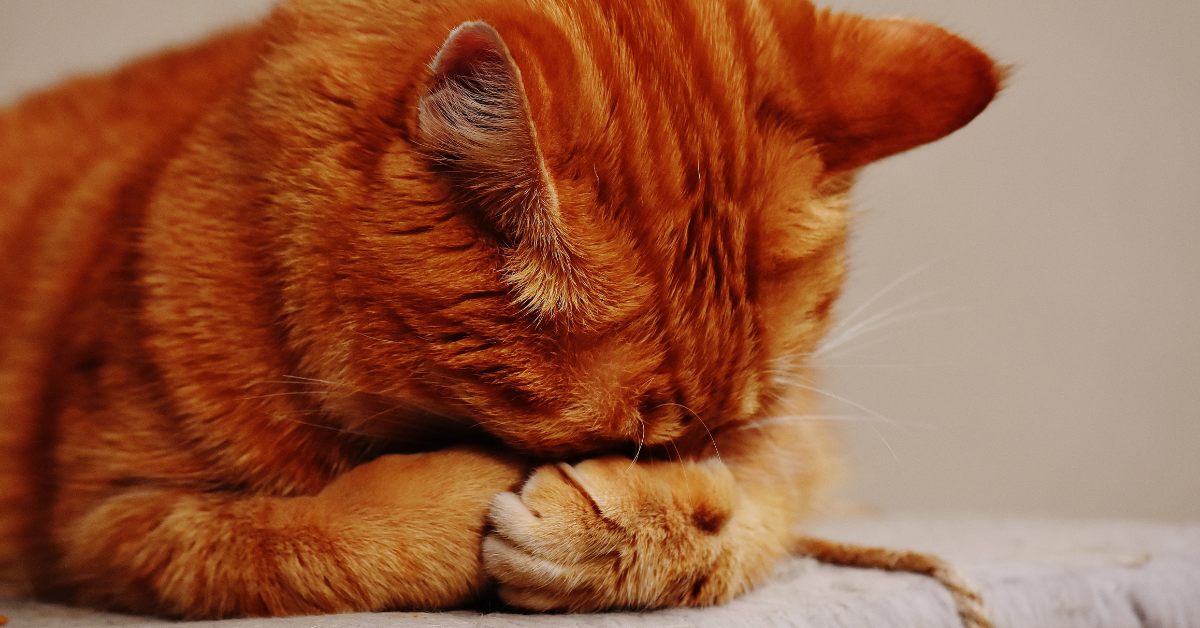
Yuck, What’s the Smell? (Pet Odors)
Smells associated with owning an animal are expected, particularly when so many of our favored companions live indoors with us. This article will tackle those common smells associated with having pets and ways to alleviate them.
Depending on the type of pet, smells may accumulate for different reasons in different places. Every dog owner knows the smell of wet dog and even the most fastidious cat can occasionally have a stinky cat box. Ferrets are famous for their natural musky scent.
Regular baths are a requirement for many pets, especially dogs and some cats. Factors such as type of pet, breed and regular activity level often dictate bathing schedule, check with your vet or a local breed group for guidelines on how often to bathe your pet.
Keep all floors where your pets hang out clean. Vacuum carpets and sweep/wipe floors at least once a week. If time is an issue, target those areas where your pets spend a lot of time. The debris that accumulates on the floors, particularly sticky messes, sticks to a pet’s coat, which can cause skin irritations leading to dry, scaly or blistery skin, all of which have their own unique odors.
You change your sheets regularly; don’t forget your pet’s beds. Make it a habit to wash all pet beds every time you bathe them or whenever you do your own sheets. Most quality pet beds have machine washable, removable covers with zippers. Make sure to wash all the areas your pet frequents and remember things like throw pillows and rugs.
Hygiene is an important factor in keep pet odors under control. A dog or cat with chronic halitosis may have an underlying periodontal disease or abscess. Having your pets’ teeth cleaned regularly by the vet and brushing their teeth regularly (dogs) will help keep Fido’s breath clean. Toss some fresh parsley in your pet’s dinner bowl as a breath freshening supplement. Parsley offers the same palate cleansing benefit as it does for humans and is safe for dogs and cats.
For dogs with floppy ears or those with a lot of hair in the ears, it’s important to keep them dry at all times. Take care when bathing or after swimming/boating to make sure the ears are thoroughly dried. Have the dog shake his head several times to get the extra water out. This is a natural behavior for dogs, which makes it easy to train to do on command. If your dog is prone to ear mites, there are products available at your pet supply store or your vet, to make the ears an inhospitable environment for mites. Or you can mix up a bottle of 1/3 each white distilled vinegar, isopropyl alcohol and water (mites hate the vinegar, the alcohol helps dry out the ear; water dilutes the harshness of the alcohol and vinegar). Take your dog outside, pour some of the mixture in each ear, massage gently and let the dog shake the excess out. Consult your vet before hand to determine the proper length of treatment and a maintenance schedule.
Accidents in the house can be difficult to catch. Invest in a black light (available in home improvement stores and some pet stores) and check known areas as well as areas where your pets hang out regularly. Pet enzyme cleaners are your best weapon against continual accidents. For hairballs, scrape up the solid material and use a cleaner appropriate for the surface.
A Note About Cages
Long-term exposure to urine can cause ammonia irritation. For very dirty cages or ones that have been left dirty a long time, start by washing with soap and warm water. Clean as much of the visible urine off as possible before using any pet specific cleaner. Avoid using products that have chlorine in them as the combination could create trace amounts of chlorine gas. While this is clearly not a situation humans should be in, imagine your caged pets living in an unclean cage and potential health hazards that could result.
You will have to set the schedule as to how often the cage is cleaned. Use your nose to determine worst-case frequency—if you can smell it, you probably should have cleaned it already. Expect to clean the cage at least once a day and replace all bedding at least once a week. Always remember to wear gloves and avoid touching your face and eyes until you have washed your hands.
Don’t forget to wipe down with disinfectant any surface you used while cleaning the cage.
Having pets can bring great joy, provide companionship and teach responsibility. Part of that responsibility is making sure our pets smell and are clean. Pets that smell bad can be an indicator or illness or could cause a health hazard. Regular cleaning and frequent checks will help keep everything smelling like roses. For more information on pet odors, visit the ASPCA (http://aspca.org/” target=”_self” title=”ASPCA – pet hygiene & odors”>http://www.aspca.org/home/common/SearchResults.aspx?cx=009443921554899757786:1worw3u_szq&cof=FORID:10&ie=UTF-8&q=odors&sa=Search&;siteurl=http://aspca.org/).






